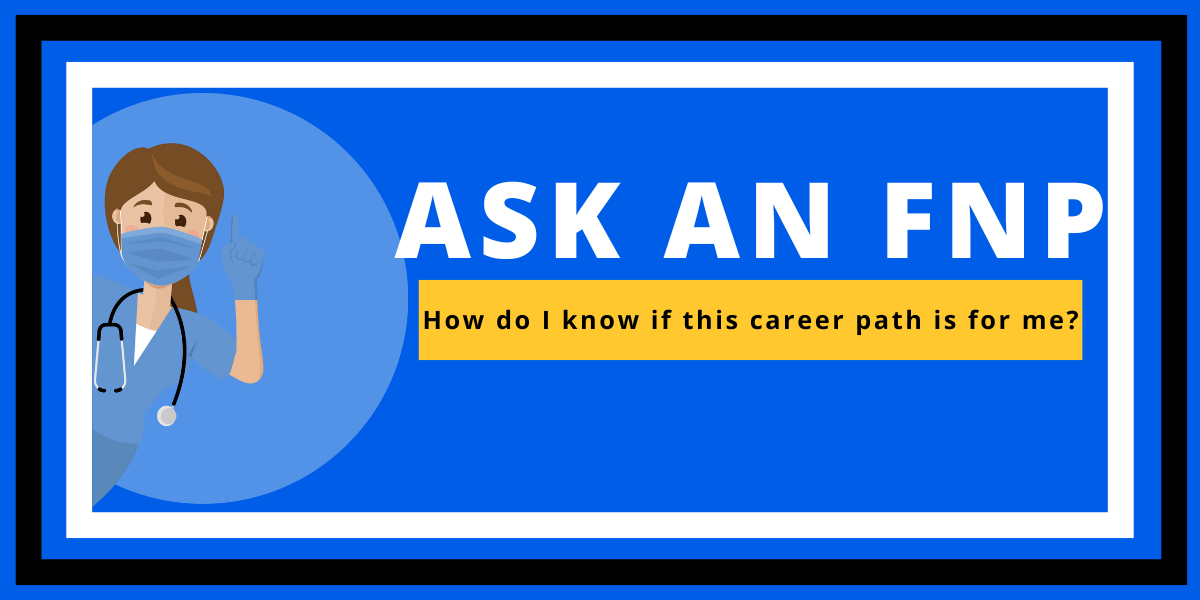Ask an FNP: Is becoming an FNP for me?
amarten
Posts: 3
Vested
🗣️Becoming a Family Nurse Practitioner is a big career move that requires careful consideration and planning. As a practicing FNP, I was in the same boat many years ago, wondering if it was the right path for me. Here are a few things to initially consider, and that I’ve learned along the way:
- Education time: To become an FNP, you'll need to complete a Master of Science in Nursing (MSN) or Doctor of Nursing Practice (DNP) degree with an FNP specialization. This typically involves 2-4 years of full-time study post-BSN. Keep in mind that you’ll also have to complete clinical hours and rotations on top of coursework. FNP programs are tough, especially if you are working while in school, so time management and support systems are important.
- Network: Expand your nursing network to include FNPs before beginning school. Many FNP schools require you to secure your own preceptor, so get a head start.
- Interests: Ask yourself where your interests lie. Are you interested in primary care or a specific specialty like urology or oncology? Also, think about your nursing specialty now and if you enjoy it. This can help guide you as to whether to pursue an FNP or another advanced nursing degree.
- Patient population: What’s great about being an FNP is that we have a broad scope of practice, focusing on primary care from children to adults across the lifespan. If you prefer to work only with children or only older adults, then I would consider another NP certification or advanced degree.
- Setting: FNPs typically work in primary care offices and other outpatient settings, like urgent care, community health centers, and even some specialty offices. If you would like to work in an inpatient setting, then FNP is likely not for you.
- Autonomy: You’ll have a lot of autonomy, but that comes with a lot of responsibility. So, working closely and collaborating with other providers is key.
- Lifelong learning: Just like in bedside nursing, there are always updates to evidence-based practices and processes. Staying current on best practices means you're giving your patients the safest, most effective care. Also, you’ll need continuing education credits to renew your certification and license.
Ultimately, I chose to become an FNP because I like the autonomy and flexibility. I enjoy building relationships with my patients and their families while providing the best care possible.
If you’re an FNP or in school now, what made you decide to pursue this role? Feel free to share your advice and other resources below!
Related Articles:
4
